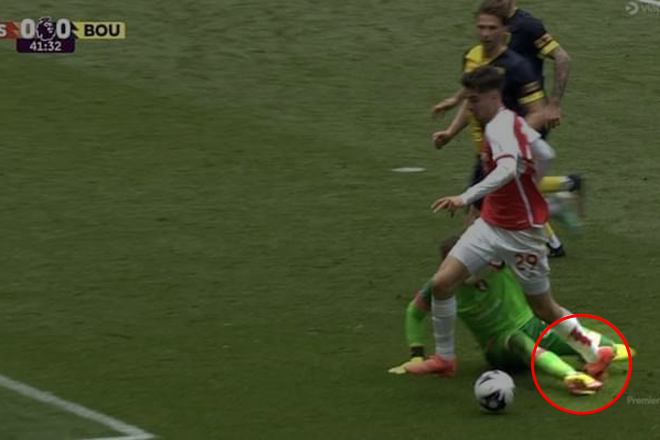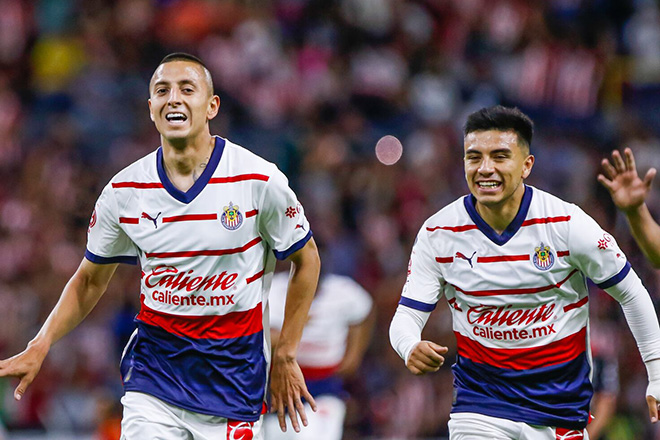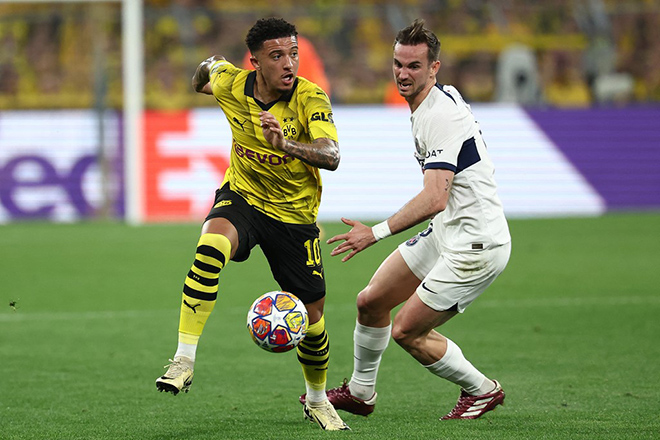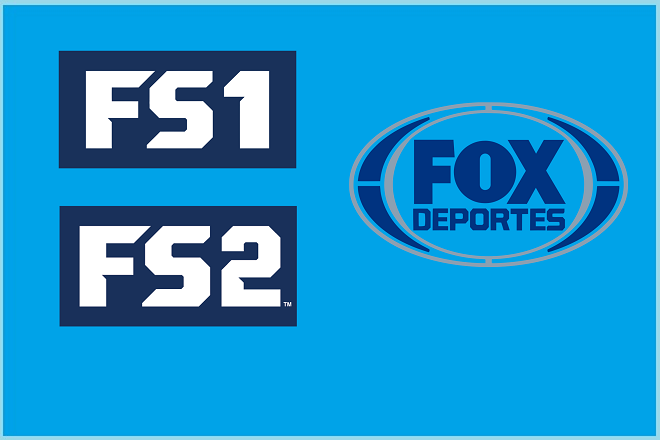Looking back on a year purely from a football perspective can be much easier if there was a World Cup or European Championship that year. The English contingent have always been the most strident in dismissing the virtue of international football -- not least because England are not very good, and dismissing a movement or a cause because of personal shortcomings is a repellent posture -- but they and many others definitely have a point.
The quality of football during the Champions League is far superior to the World Cup or the European Cup, but as far as stirring emotion, the kind that can make thousands of born and born-again nationalists elate and weep in union, is concerned nothing rivals international tournaments. I also do use the term ‘born again’ advisedly, as the fervour is just as searing as in the religious, and often as myopic.
The World Cup of Firsts
As much as I hate nationalism, international football affords a mock theater of war: all bravado, and usually no violence. Yet, the build-up to the World Cup in South Africa this year was particularly anxious because of the inevitable--or so we were told--violence that fans would face in a country with a crippling crime rate. However, the World Cup was largely a success story, and, sadly for his swelling ranks of haters that include me, the odious FIFA president Sepp Blatter was vindicated. Even the construction strike in July 2009 did little to hinder a competently organized and executed tournament. As far as unveilings go, Spain’s triumph in South Africa was fitting.
The first World Cup in Africa also produced Spain’s first World Cup win, achieved with an unprecedented Spanish resolve. True, Euro2008 was a major achievement for Spanish football, but the World Cup is what consolidated the nation’s status as one of the greats.
Andres Iniesta’s goal against the Netherlands that only just snatched the Final from the precipice of penalties was aesthetically featherweight in the context of some superb Spanish football throughout the tournament.
As I wrote after their win, the Spanish team consider keeping the ball their birthright. No team in recent memory has embodied a philosophy so viscerally as Spain. It is as if there is a biological imperative spurring them on, one that has configured them to win by playing their brand and only their brand of football.
Yes, the Final was won by the better team with better footballers, but it was also won by a team that had complete self-belief. No matter how much the Dutch fouled—to be fair, Spain dished it out too—it was as if Spain knew that eventually their stamp on the game would be the stamp of authority.
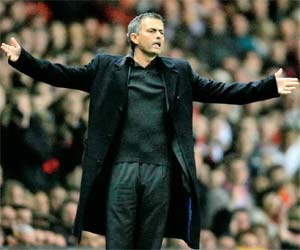 Champions League: From Herrera to Mourinho
Champions League: From Herrera to Mourinho
Fourty-five years later, and Inter were finally European Champions again. It was a triumph that certainly did not have the aesthetic sway of Spain’s World Cup win, but Inter were worthy champions after defeating Chelsea, Barcelona, and Bayern Munich en route to the title.
For me, the definining moment of Inter’s campaign came during the semi-final second leg against Barcelona at the Camp Nou, where inspired by Jose Mourinho they defended their 3-1 first leg lead with unapologetic stubborness.
When criticized by the press for his tactics, Mourinho responded typically: "We won the tie in Barcelona, but everyone talks about Barcelona winning and says we parked the bus in front of the goal. We didn’t park the bus, we parked the airplane and we did it for two reasons. One, because we only had 10 men and two, because we beat them 3-1 at San Siro, not by parking the bus, or the boat or the airplane, but by smashing them at the San Siro." Mourinho brought the European Cup to Inter after more than four decades of waiting.
He thus joined Helenio Herrera, the man who took Inter to two European Cups, as one of the most successful coaches of Inter. The feat is even more remarkable when you consider how firmly entrenched the fear of European failure was in Inter. Mourinho managed to eradicate it in just two seasons.
Transfers
Wayne Rooney's non-move may have made the headlines, but the biggest transfer news of the year involved Barcelona. They off-loaded Zlatan Ibrahimovic to Milan, a decision that is proving to be succour for the Rossoneri faithful, as they watch Ibra tear teams apart week after week and move his club closer to a Scudetto. The move also signaled the end of Berlusconi's frugality, as right after Ibra, he landed Robinho.
Barcelona, however, moved shrewdly too by wrapping up a deal for one of the best strikers in circulation--Spain's World Cup hero David Villa. Villa has scored 11 goals for Barcelona thus far, while Ibra has netted 9 for Milan. Both 29-year-olds have proved to be redoubtable strikers of 2010.

